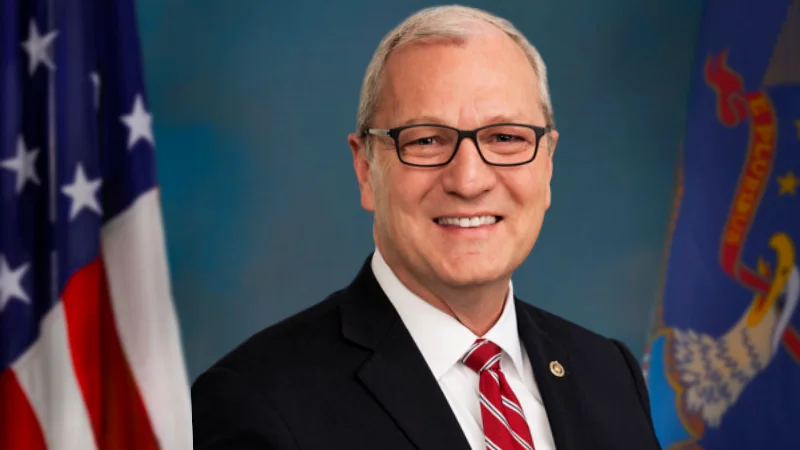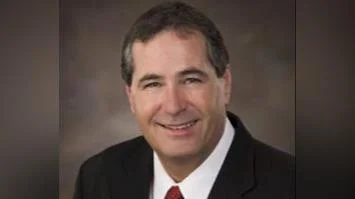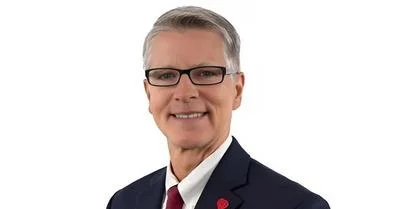Senator Kevin Cramer, US Senator for North Dakota | Senator Kevin Cramer Official website
Senator Kevin Cramer, US Senator for North Dakota | Senator Kevin Cramer Official website
U.S. Senator Kevin Cramer (R-ND) has authored an op-ed in the Washington Times, addressing the need for increased transmission capacity and permitting reform for all linear infrastructure. He discussed the debate over cost allocation and criticized the Federal Energy Regulatory Commission’s (FERC) recently finalized regulation.
"Transmission, like every piece of linear infrastructure, facilitates interstate commerce by getting electricity from the point of generation, like a coal-fired power plant or a wind turbine, to consumers," Cramer wrote. "It is an essential component of any electrical grid."
Cramer emphasized that electricity demand is growing due to factors such as data centers and the rise of artificial intelligence and cloud storage. He noted that while there is consensus on increasing demand, disagreements arise over which projects should be built and who should bear the costs.
"Tradition and law dictate that the most equitable solution is one in which the user pays," he stated. He cited Minnesota's renewables-only mandate as an example where consumers in other states are expected to help supply and pay for it.
Cramer criticized FERC's new regulation for expanding the scope of “benefits” considered when approving new projects, arguing it favors renewable energy by including climate considerations over reliability and economics. "As a result of this new rule, FERC has co-opted citizens into paying for green states’ renewable energy transmission projects they do not need and will not directly benefit from," he asserted.
He further argued that while states have rights regarding energy generation decisions, they should not force citizens of other states to fund their policies. "If Minnesota, New York, and California want renewables only, the citizens of those states should pay for it," he wrote.
Addressing permitting issues, Cramer pointed out that too many permits are required for infrastructure projects, often taking a decade or more to complete. He called for streamlining federal bureaucracy to make the process easier for all linear infrastructure.
"When Congress passed the Fiscal Responsibility Act (FRA) last June, we authorized National Environmental Policy Act streamlining," he noted. However, he criticized new regulations from the White House for adding carveouts and exemptions favoring renewable generation and transmission lines.
Cramer concluded by emphasizing that transmission policy should focus on building a stable grid without excessive costs influenced by political bias or special interests. "Transmission and generation go hand in hand and are essential to a stable grid and dynamic American economy," he wrote.
###






 Alerts Sign-up
Alerts Sign-up